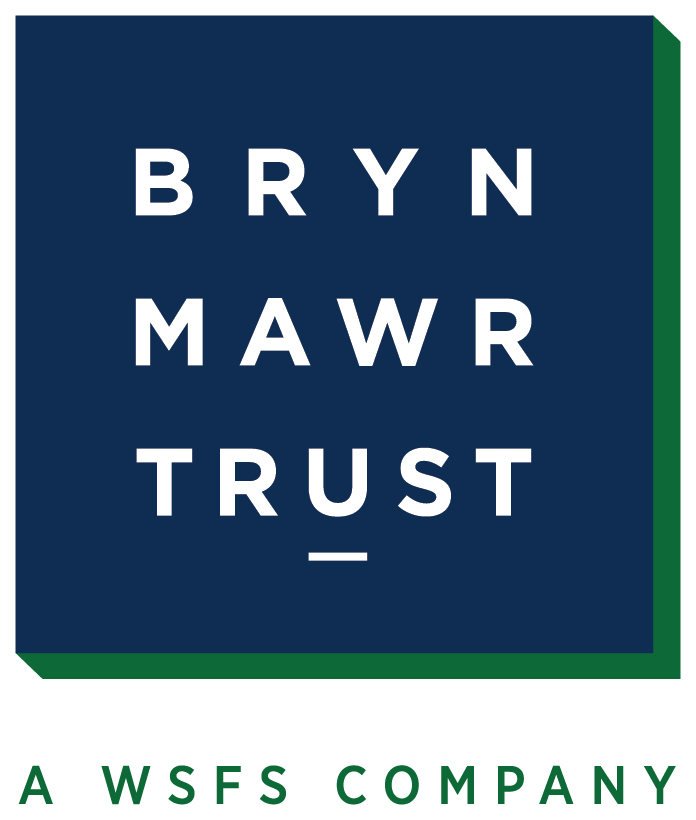Small Business Corporate Retirement Plans

In today’s highly competitive recruiting and hiring environment — especially for small and mid-size employers — a retirement plan at work is an indispensable benefit that employees expect. A well-designed plan can help swing a prospective employee’s decision in your favor, and the cost and complexity of company-sponsored retirement plans is decreasing.
The IRS provides a start-up tax credit for some plans and employer contributions are deductible. Additionally, the 2020 SECURE Act created the Pooled Employer Plan 401(k) (“PEP”), which permits unrelated employers to join in a plan sponsored by a third party called a “Pooled Plan Provider.” Many investment firms offer PEP plans, significantly lowering costs and administration with virtually all the features of a traditional 401(k).
These company-sponsored retirement plans may be a fit for your organization.
SEP-IRA
SEP-IRA (Simplified Employee Pension) is a retirement plan for self-employed individuals and their employees. Employers are generally the sole contributors, but employees may also make traditional IRA contributions. Contributions are not required every year.
Employer Contributions
- An employer may contribute up to 25 percent of employee’s total compensation or a maximum of $61,000 (2022 tax year).
- For self-employed, contributions are generally limited to 20 percent of net income.
- Contributions must be the same for employers and employees up to the specified limit.
Employee Contributions
- Employees are unable to make salary deferral contributions; they may make Traditional IRA contributions up to $6,000 ($7,000 for employees aged 50 or older) for 2022.
Investment choices
Mutual funds, stocks, bonds, exchange-traded funds, and money market funds.
401(k) / Profit Sharing Plan
A 401(k) is a plan in which a business sets aside a portion of its pre-tax profits to contribute to employees’ retirement accounts. Business owners typically contribute as a percentage of salary.
For 401(k) plans, the total annual contribution limit for 2022 is the lesser of $61,000 per employee ($67,500 for age 50 and older) or 100 percent of their salary.
Employer Contributions
- Because ERISA rules prevent discrimination toward non-highly compensated employees there are rules for matching contributions for highly compensated employees and owners. For this reason, most employers elect the option to make a three percent of salary “safe” harbor match” to all employees that simplifies plan testing and administration. Profit sharing in a 401(k) permits an employer to make additional contributions to each employee regardless of company profitability.
Employee Contributions
- Employees may contribute up to $20,500 in 2022. Employees aged 50 or older may contribute an additional $6,500 for a total of $27,000.
- Employees can make pre-tax or Roth (after-tax) contributions.
Investment choices
Typically stock and bond mutual funds including target date funds, exchange-traded funds, money market funds, and guaranteed investment contracts (GIC).
SIMPLE IRA
A SIMPLE (Savings Incentive Match Plan for Employees) IRA is a retirement plan that allows employers and employees of any business with 100 or fewer employees to make tax-deferred contributions to their plan account.
Employer contribution limits
- Employer may make either a flat two percent of salary contribution or dollar-for dollar match of employee contributions up to three percent. This second option can be reduced to as low as one percent in any two of five years.
- Employee contributions are limited to $14,000 in 2022 ($17,000 for employees aged 50 and older).
Investment choices
SIMPLE plan investment choices are limited to mutual funds.
Individual 401(k)
Also known as SOLO 401(k) or i401(k), for self-employed business owners and spouses who are employed by the business. C corporations, S corporations, and LLCs with no common-law employees, may also establish an individual 401(k). Contributions can be from both employer and employee, significantly increasing the allowable contributions to employee accounts.
Employer contribution limits
- Employers can contribute up to 25 percent of compensation not to exceed $61,000 (for the 2022 tax year).
- Contributions are not required every year. When contributions are made, however, all participants must receive the same percentage.
Employee contribution limits
- Employees can defer up to $20,500 for 2022 ($27,000 for employees age 50 or older).
- Employees can make pre-tax or Roth (after-tax) contributions.
Investment choices
Same as traditional 401k plans.
If you are considering a company-sponsored retirement plan, consult with an experienced financial advisor to help provide sound advice and planning.
Source: https://www.irs.gov/retirement-plans
__________________

Joe DiMaio, CFP, is a Relationship Manager with Bryn Mawr Trust. With more than 25 years of experience in wealth management, he provides multi-family office wealth advisory and consulting services to clients and their families. Joe is a CERTIFIED FINANCIAL PLANNER professional, and he earned a B.S. in Finance from the University of Maryland, Smith School of Business.
.
.
__________________
This communication is provided by Bryn Mawr Trust for informational purposes only. Investing involves the risk of loss and investors should be prepared to bear potential losses. Past performance may not be indicative of future results and may have been impacted by events and economic conditions that will not prevail in the future. No portion of this commentary is to be construed as a solicitation to buy or sell a security or the provision of personalized investment, tax, or legal advice. Certain information contained in this report is derived from sources that Bryn Mawr Trust believes to be reliable; however, Bryn Mawr Trust does not guarantee the accuracy or timeliness of such information and assumes no liability for any resulting damages.
Connect With Your Community
Subscribe for stories that matter!
"*" indicates required fields






























